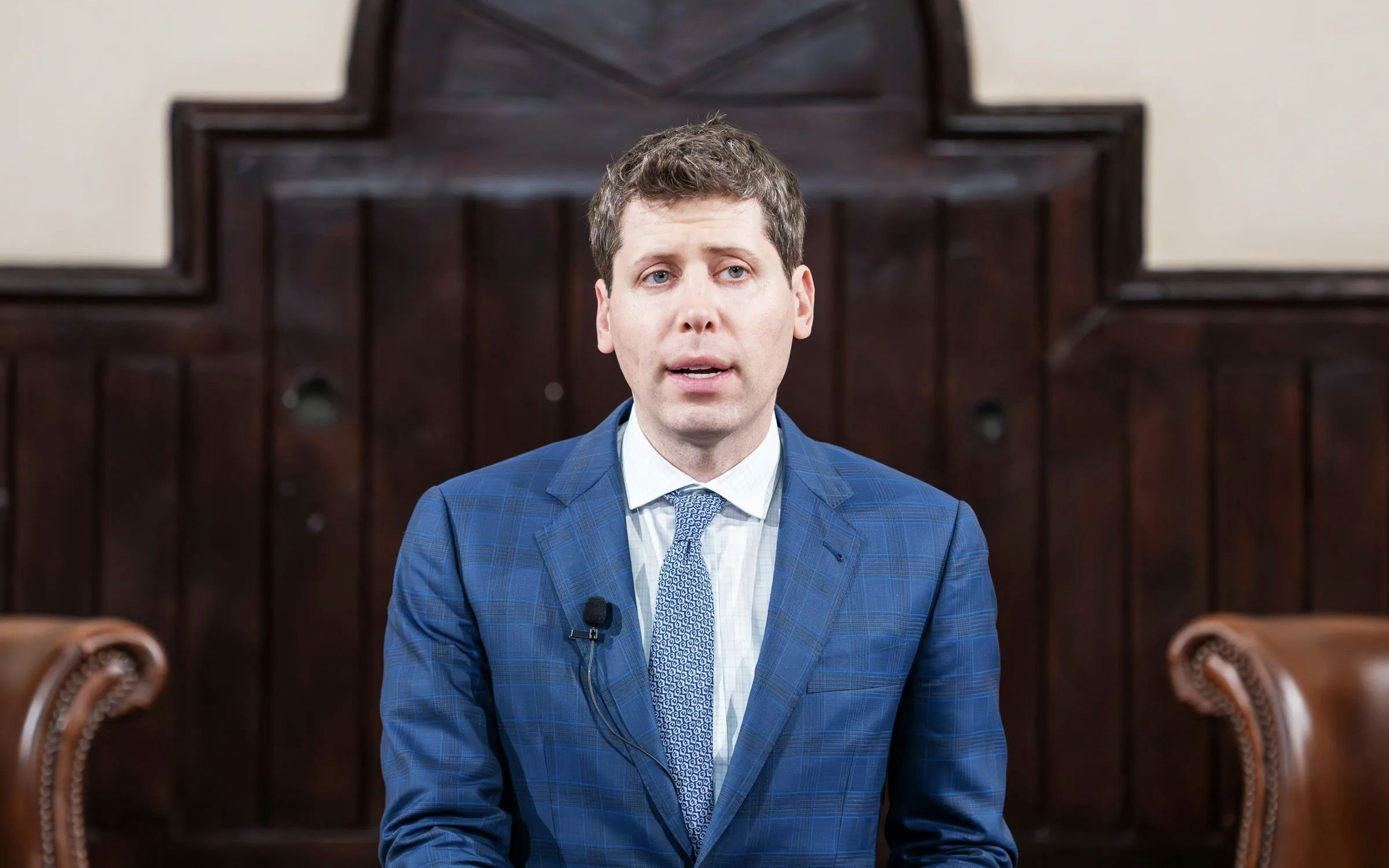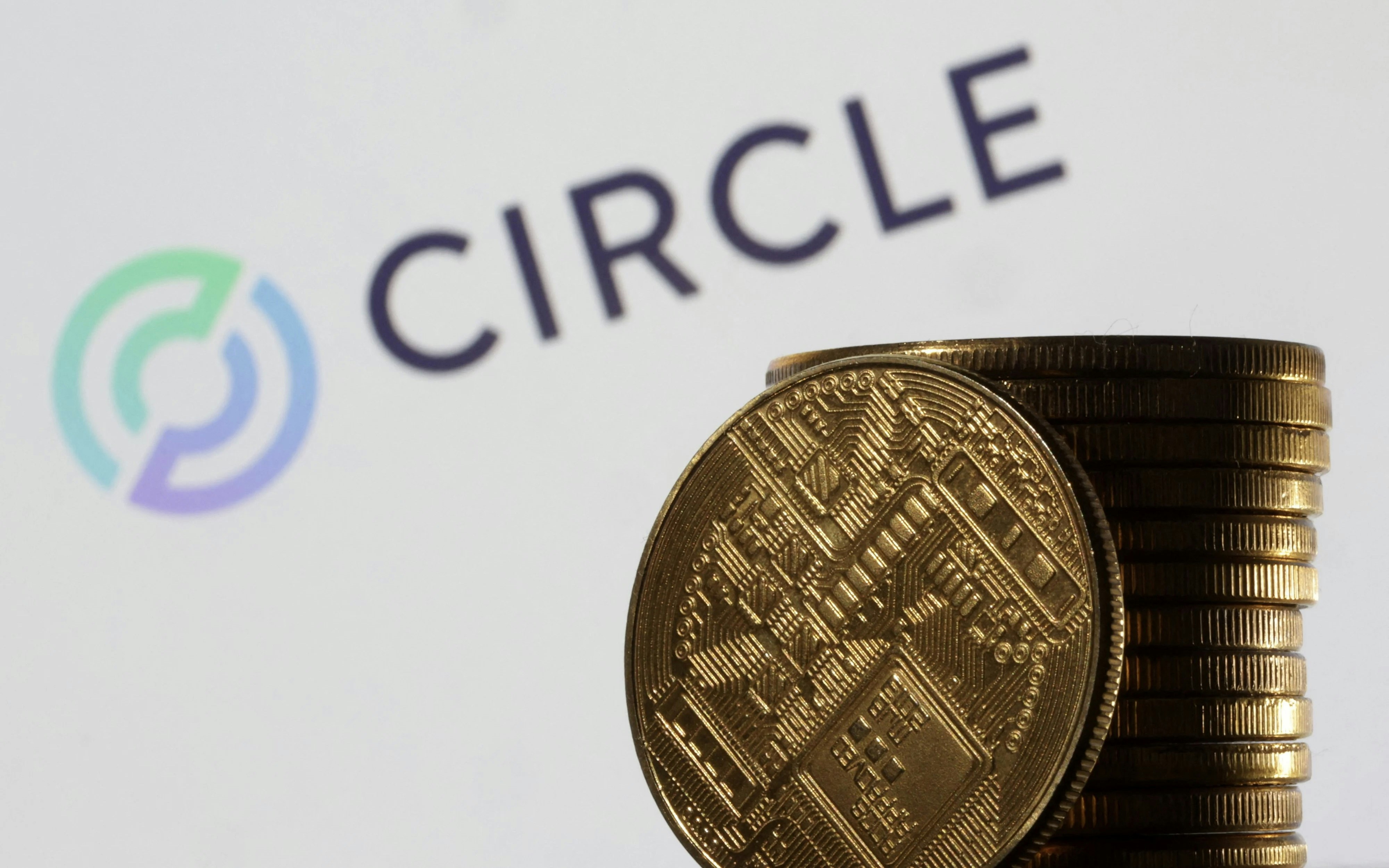AI
OpenAI between Profit and Public Good – Dispute over AI Governance Escalates
OpenAI faces a strategic crossroads between the pursuit of profit and ethical responsibility – Elon Musk intervenes.

The future direction of OpenAI raises fundamental questions about the governance of artificial intelligence. After a decade of transformation from a non-profit organization to a billion-dollar company with Microsoft as the main investor, the company is now grappling with its future structure. Critics like Elon Musk accuse OpenAI and CEO Sam Altman of abandoning the original goal of developing AI for the benefit of humanity in favor of profit-seeking.
In December 2024, OpenAI announced plans to transform into a Public Benefit Corporation (PBC), a legal form that requires companies to pursue societal goals alongside financial interests. At the beginning of 2025, it became known that the company was considering a split into a PBC and a nonprofit foundation valued at 30 billion US dollars. Musk responded with a hostile takeover offer of 97 billion US dollars to more closely align OpenAI with its original mission.
The governance dilemma of OpenAI exemplifies a growing debate: How can safety and ethical responsibility be reconciled with the dynamics of a highly profitable technology business? In the USA, the regulatory landscape has recently changed significantly. After taking office in 2025, Donald Trump overturned a decree issued by Joe Biden that would have required AI developers to report safety-critical tests to authorities. Instead, Trump's administration views such rules as "barriers to American AI innovation.
In this area of tension, some companies are opting for alternative legal forms. Start-ups like Anthropic have registered as Benefit Corporations to structurally anchor their social responsibility. Musk's own AI company, xAI, also uses this model. However, critics see it as a potential governance-washing strategy, as transparency requirements are often weak and companies are hardly held accountable for fulfilling their public welfare goals.
The financing history of OpenAI supports the allegation that the company is increasingly profit-driven. In October 2024, it raised capital at a valuation of 157 billion US dollars - without defining a clear governance structure. Investors thus gained significant influence on strategic decisions.
As OpenAI decides on its future structure, a central question arises: Should the company join the deregulated vision of Trump's administration and reduce its focus on safety? Or should it maintain a long-term focus on the common good to adapt to potential future regulations, such as those by the EU?




